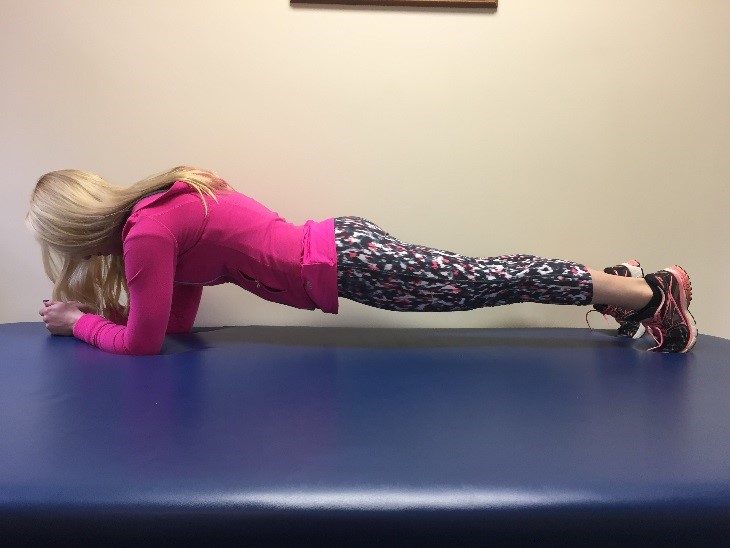Diarrhea
Diarrhea is loose, watery stools. Having diarrhea means passing loose stools three or more times a day. Diarrhea can be caused by certain medications, certain supplements like magnesium, bacterial and viral infections, sensitivity to foods, laxatives, and alcohol. Chronic diarrhea (lasting more than three weeks) may be a symptom of irritable bowel syndrome, Crohn’s disease, or ulcerative colitis. Fecal incontinence commonly is seen with diarrhea, due to its soft/liquid consistency, especially if weakness in pelvic floor muscles is present.
Fecal Incontinence
Fecal Incontinence is defined as unexpected leakage of stool from the rectum. This can include both hard pieces of stool and loose stool. This can be due to pelvic floor muscle weakness, among many other causes.
Hemorrhoid Pain
Hemorrhoids, also called piles, are swollen and inflamed veins in your anus and lower rectum. Symptoms may include pain, itching, and bleeding around the anus. Hemorrhoids may result from straining during bowel movements or from the increased pressure on these veins during pregnancy. Hemorrhoids may be located inside the rectum (internal hemorrhoids), or they may develop under the skin around the anus (external hemorrhoids). If the pelvic floor muscles are in spasm or if tissues are restricted in the rectum/anal canal, blood flow to the hemorrhoid is decreased, which can make healing more difficult. Physical therapy can help reduce muscle spasm/tone and increase tissue mobility in the area.
Rectal Prolapse
Rectal prolapse occurs when part, or all, of the wall of the rectum slides out of place, sometimes protruding from of the anus. The prolapse can protrude out of the anus, or can be internally prolapsed Causes of rectal prolapse may include prior history of surgery to the area, childbirth, infections, straining during bowel movements (often in conjunction with constipation), and weak pelvic floor muscles. Symptoms may include fecal incontinence, leakage of mucus or blood from anus, pain, itching and irritation around anus, urgency to have a bowel movement, and visible bright red tissue protruding out of the anus, especially during an attempt to move bowels.
A rectal prolapse may be prevented through correct body mechanics with lifting, avoidance of straining during a bowel movement, controlling and treating constipation, weight control, and guided pelvic floor strengthening. A rectal prolapse can be improved or resolved with pelvic floor physical therapy, the use of a pessary (for women), or surgery (in severe cases).
Anal Fissure
Anal fissure is a tear in the tissue of the anal canal. Causes can include passing large, hard stools, decreased blood flow to the anus, or too much tension in the sphincter muscles around the anus.
Anal fissures are also common in women after childbirth and in persons with Crohn’s disease. Symptoms may include painful bowel movements and blood noticed on the feces or toilet paper following a bowel movement. Physical therapy can help minimize constipation, and improve circulation around the anus.
Inflammatory Bowel Disease (IBD)
Inflammatory Bowel Diseases (IBD) is a broad term that describes conditions with chronic or recurring immune response and inflammation of the gastrointestinal tract. The two most common inflammatory bowel diseases are ulcerative colitis and Crohn’s disease. Both illnesses are marked by an abnormal response by the body’s immune system and inflammation of the digestive tract. Signs and symptoms of both may include abdominal pain, diarrhea, rectal bleeding, weight loss, fever, arthritis, and skin problems. These diseases can result in tightening of the surrounding musculature, due to irritated tissue and from protective muscle guarding.
Irritable Bowel Syndrome (IBS)
Irritable bowel syndrome (IBS) is a disorder that affects the motility (muscle contractions) of the colon. Sometimes called “spastic colon” or “nervous colitis,” IBS is not characterized by intestinal inflammation. Symptoms of IBS may include abdominal pain or discomfort, bloating, gas, and changes in bowel pattern as more frequent bowel movements, diarrhea, and constipation. IBS may result from weakening, clenching/tightening or incoordination of the pelvic floor and other muscles around the pelvis.
Treatment
The Physical Therapists at Midwest Physical Therapy Services are experienced in working with patients who suffer with many of the above problems. Some components of treatment may include:
- Education/Instruction in skin care/cleansing
- Toilet training to avoid straining
- Dietary considerations and fluid intake, and referral to dietician as needed
- Aerobic exercise/weight control
- Biofeedback and RUSI (rehabilitative ultrasound imaging) for pelvic floor muscle awareness and strengthening
- Hot and Cold Therapy
- Relaxation techniques/tension control/use of imagery
- Motor retraining to reduce tension and substitution patterns among pelvic muscles
- Bowel massage
- Modalities such as electrical stimulation, ultrasound, and laser therapy
- Education in proper body mechanics to lift without straining
- Postural correction
- Core strengthening exercises


